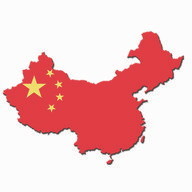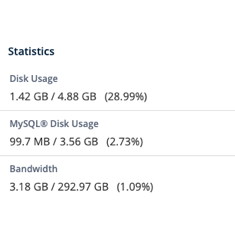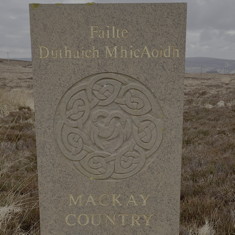My Chinese name: 马士奇
January 28th, 2007
This is an old unwritten and unpublished post. It was post number 57 and was started back in October of 2005!
My Chinese name was made by my classmate at both the Sauder School of Business and the Tsinghua School of Economics and Management, Danna Zhu. She created it for me. It both sounds similar to my “preferred name” of Muskie when pronounced in Chinese and has carefully chosen characters, or so I was told.
Danna and others tried to teach me some Chinese before I went to China. I’d actually studied Japanese for years so knew hundreds of Chinese Characters but they have different pronunciations and different meanings in Chinese. I eventually studied Chinese both at Tsinghua and at a language school in Wu Dao Kou. I never was anywhere near fluent, but I got an A in the beginners class at university and I could order food and buy train tickets well enough.
When I bought my return ticket from Nanjing to Beijing during Chinese New Year everyone in line behind me was impressed. I had carefully rehearsed what I was going to say before hand. I was travelling alone. A classmate from Sauder (Chi Wei) had warned me against travelling alone in China.
The reason for finally writing this post? Like I said someone from China wrote me about venture capital. They wrote in English and I replied in English, but I occasionally know enough Chinese to impress someone. And just by using a tiny bit of online Chinese slang to end my email was all it took. I’ve actually studied Japanese and French for years whereas I studied Chinese for months, but I rarely impress anyone with my French or Japanese. But the reason I finally decided to post my Chinese name, was I had to try and explain it in English.
MailSmith can not handle Chinese characters. That is my preferred email reader, but if I want to send or receive email with Chinese characters I use another program and another email address. But I also wanted to sign my name in Chinese. The pinyin without any numbers or accents is Ma Shi Qi. The ‘qi’ is pronounced more like ‘chi’ with a little ‘t’ at the front hence the use of ‘q’ to designate it in English. Chinese also has a ‘ch’ sound among other consonants they try to represent with the 26 letters found in English. The “chi” in China is not how my name is pronounced.
Anyway I had to explain which characters Danna chose to represent my name and to do so in English you have to write their meanings so I double checked what my dictionary said. The first two characters are pretty simple. The Chinese put their family name first. My given name is Andrew so a lot of Chinese expected my Chinese name to start with ‘An’ or 安. There are 200 common Chinese surnames, I learned many of these family name characters. Chinese are enthusiastic business card exchangers and one reason is to see the characters in a person’s name and more importantly the title of the person they are meeting. They also point out if you have the same surname. My Chinese name was deemed a hit by most people who read it.
马 is a popular family name meaning “horse”. 士 though only three strokes means “scholar, warrior, knight” according to my computer’s dictionary. Danna chose it because it meant knight which is likely due to this story of my name and the fact one of my ancestors was a French Knight. Marlene read that story at some point and liked the imagery too. The final character Danna said was “unique” but my computer’s dictionary has it as “strange, odd, weird, wonderful” which is still pretty cool.
I have a ‘chop‘ with these characters, I also have one with my Japanese name マスキー and even a Korean one. I can’t type in Korean though.
Update February 2019
I ended up living in China again four several years, sadly my Chinese did not improve and I rarely used my Chinese name except to buy groceries. Everything is done with your smartphone especially with WeChat so when you network you “scan” someone or they “scan” you. I don’t use my Chinese name on WeChat though which is odd. I eventually collected the best of my blog posts about China and edited and updated all the old ones.
This entry was originaly posted on , it was last edited on and is filed under: Asia and tagged: Chinese.





Yep unlike last time and I suspect all my and other people’s bitching or whatever my fix was, anyway Asian characters are displaying correctly, including my name in Japanese and Chinese. I still can’t type in Korean though. I know almost no Korean…
I guess I’ll be learning to type in Korean real soon now. I may even find a Korean tutor, I’ve never had a tutor in all my years of foreign language study. Perhaps I should have gotten one in China as with labour costs being so low it was probably very cost effective. Oh well next time I live in Beijing. ;-)
People in China put a lot of meanings into numbers, most of which are based on similar pronunciations. “88” sounds like “bye bye” in Chinese so it becomes an online slang for saying goodbye. There’re also others like “520”, which means “I love you”; “1314” means “the whole life”; and even a combined expression “3x” means “thanks” and “3Q” means “Thank you”; etc..
Anyway,thank you for your post on venture capital calculation and everything other things you’ve done!